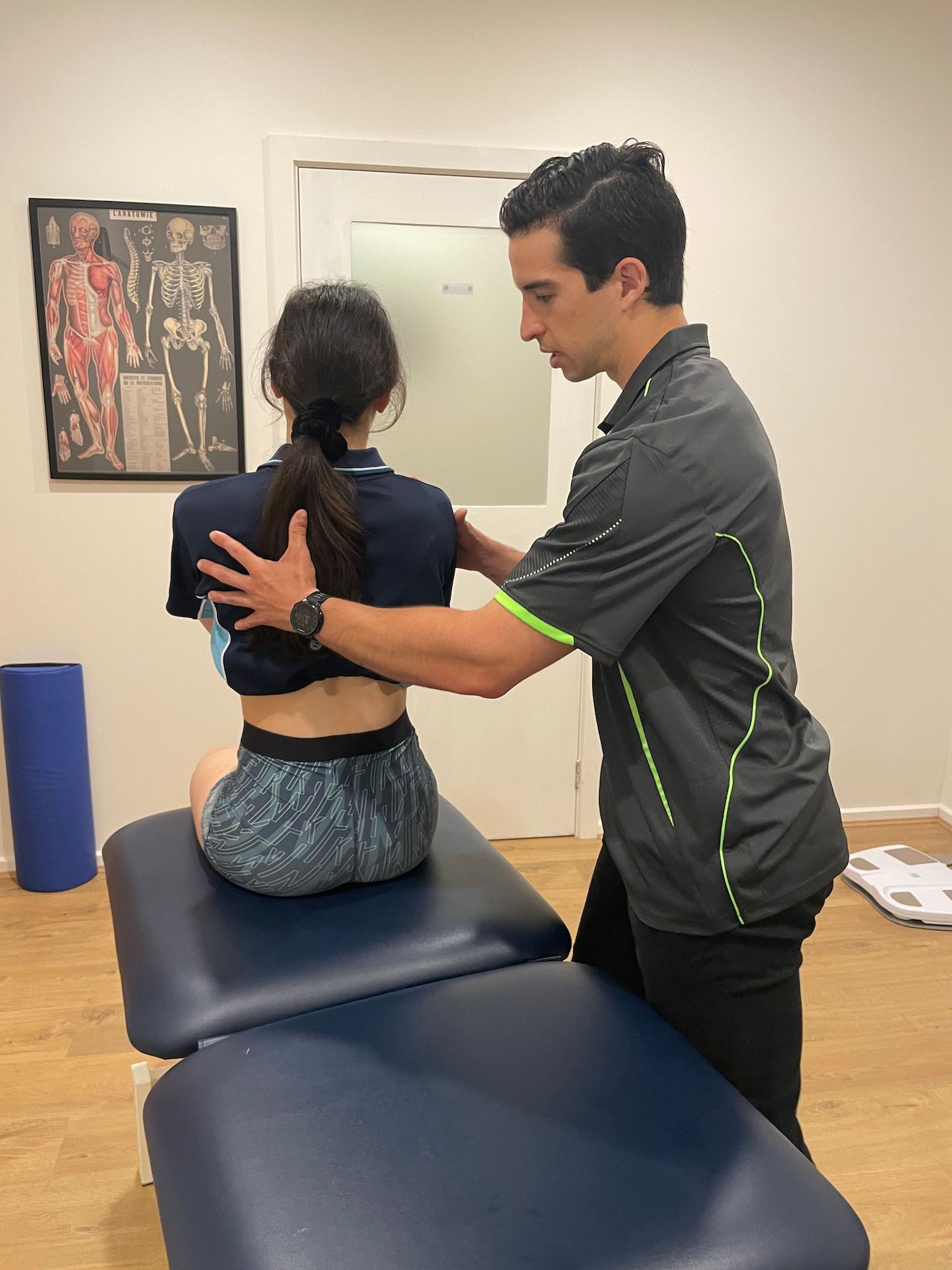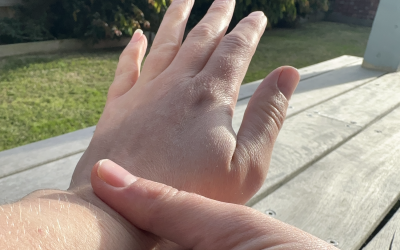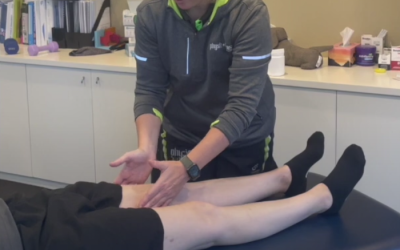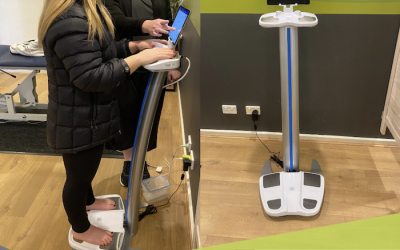Have I slipped a disc?

Have I just slipped a disc? Oh no!
Fear not! It isn’t the end of the world.
Throughout our lives, we put our spine under pressure with everyday occurrences like household chores, sport, work, weight gain and direct trauma.
This can cause the jelly-like disc to slowly, but surely, become more flat and less shock absorbent. Eventually due to wear and tear, they lose their shape and bulge out slightly, which CAN or CANNOT touch the surrounding nerve roots causing irritation and nerve pain.
So, as our bodies start the degeneration process from the time we are in our mid-twenties, coupled with everyday stress and trauma, disc bulges would seem pretty common, yeah? Well, it is…especially over the age of 40, usually in the lower back.
Surprisingly, a lot of people “slip”discs, yet have no symptoms of this whatsoever, simply due to general wear and tear! And so, they go on with their lives- none the wiser!
Yes. That’s right. Bulging discs can have no symptoms.
Just because your MRI comes back positive with a result for a bulge, doesn’t necessarily mean that it is going to be the source of your pain. You may not even know how long you have had it for!
If it does turnout that you have sustained an acute disc bulge, and it is causing you pain, Myotherapy can assist in reducing the associated symptoms, like tight muscles, as well as strengthen the core and the spine using using basic exercises to prevent further postural and mechanical issues.
Symptoms usually hang around for about 6 weeks (depending on each individual case and the things they are doing to assist recovery), but thankfully, not forever.
With this in mind, our bodies are clever and will occasionally tighten the surrounding areas as a safeguard, and this can be managed and released by our fabulous Myos.
– Alli Jennings
Carpal Tunnel Syndrome: Symptoms, Diagnosis & Treatment
Numbness, swelling and pain in the fingers or arms? Maybe it's Carpal Tunnel Syndrome (CTS). We go over symptoms, diagnosing, and possibly treatments. Where is the Carpal Tunnel located? The Carpal Tunnel refers to the area near the wrist creases, where the wrist...
Diagnosing Patellofemoral Pain Syndrome & Patella Tendinopathy
KNEE PAIN ASSESSMENT FUNCTIONAL KNEE PAIN ASSESSMENT The first step to assessing a patient that has come in with knee pain is a functional knee pain assessment. This involves a warm-up of 5 minutes then an examination using a variety of tests. During these tests,...
Everything you need to know about Lymphoedema & the SOZO Machine
What is the main cause of lymphoedema? Lymphoedema occurs when the lymphatic system isn’t working properly due to a variety of causes and fluid begins to leak into body tissue. This is most frequently caused by some form of trauma to the lymphatic system due to...



